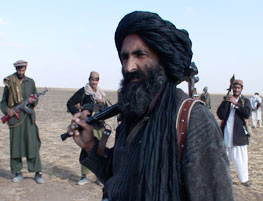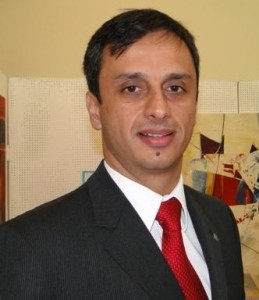
Afghanistan: Special note. Lessons from the PBS show, Frontline, titled Behind Taliban Lines.
The first-hand video by Najibullah Quraishi is worth viewing on the PBS home page where it was posted today. Quraishi accepted an invitation by a Hizbe Islami Gulbuddin (HIG) commander to live with a HIG anti-government fighting unit in Baghlan Province. Until the arrival of two men from Pakistan on his tenth day, he had unrestricted permission to video record the fighters.
During his ten days with the fighters, they attacked once. Their primary task was to detonate two homemade bombs on an improved road and destroy “enemy” vehicles.
A few points are worth noting.
Identification of the force. First, this video is the first open source medium to identify the affiliation of the fighters in Baghlan Province, a northern province south of Konduz that has experienced a rise in fighting in the past two years. They are not Taliban, but they are Pashtuns. They called themselves the Central Group, in the sense of the leadership or coordinating group, though no significant coordination with other groups took place in the ten days.
Leadership. The video confirmed that the Central Group is led by a local man and at least some of its members were locals. They were protected or given refuge by villagers who formed for the camera at least a part time militia that claim to support the Central Group.
Walk to work. It also showed that the men walk to their attack sites, sometimes six to ten kilometers. Vehicles in this video were for courier duties or for travel to meetings, to get guns and so on. The HIG are bureaucratic and decentralized.
Continue reading “NIGHTWATCH on Afghanistan Open Source Video”








